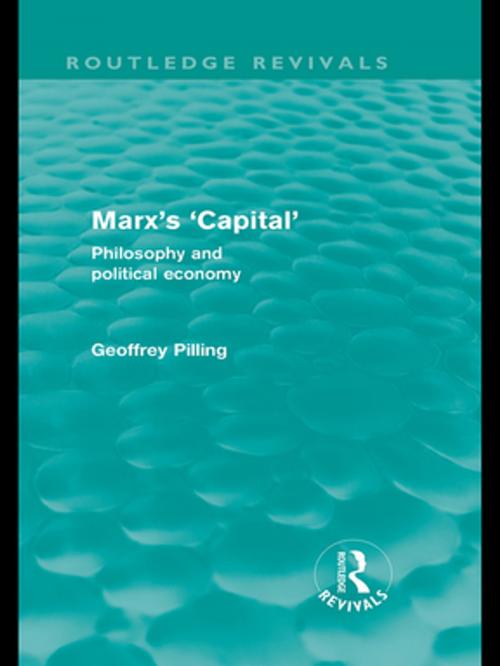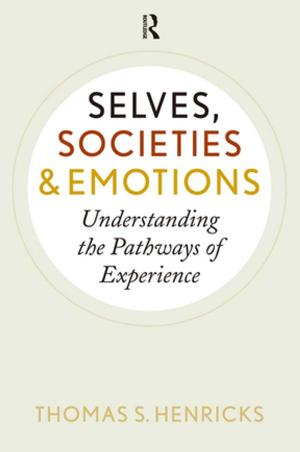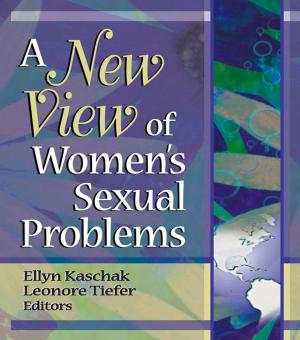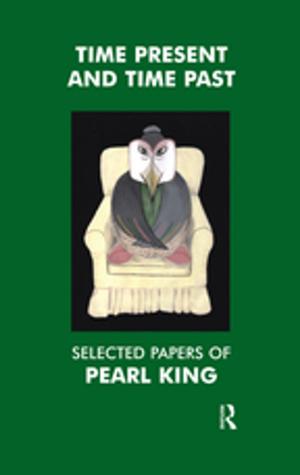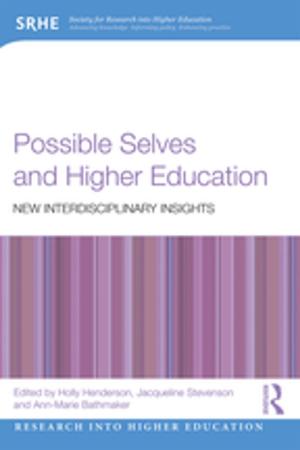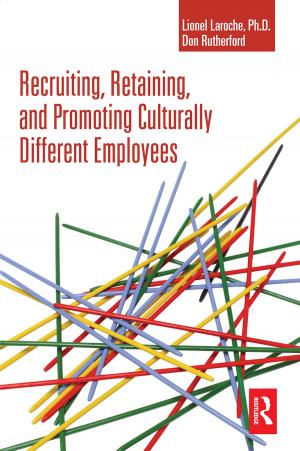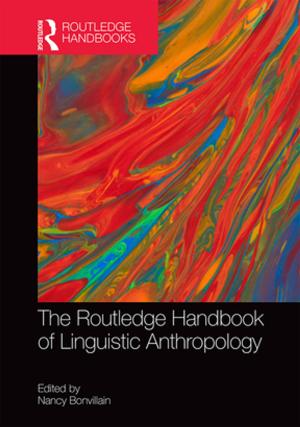Marx's 'Capital' (Routledge Revivals)
Philosophy and Political Economy
Business & Finance, Economics, Theory of Economics| Author: | Geoffrey Pilling | ISBN: | 9781135156008 |
| Publisher: | Taylor and Francis | Publication: | December 16, 2009 |
| Imprint: | Routledge | Language: | English |
| Author: | Geoffrey Pilling |
| ISBN: | 9781135156008 |
| Publisher: | Taylor and Francis |
| Publication: | December 16, 2009 |
| Imprint: | Routledge |
| Language: | English |
Marx’s Capital has of course been widely read; this revival of a systematic study by Geoffrey Pilling, originally published in 1980, argues powerfully that, in order to understand Capital fully, it is necessary to have read and understood Hegel’s Logic. This argument leads to a detailed examination of the opening chapters of Capital, and a re-examination of their significance for the work as a whole.
Pilling emphasizes the fundamental nature of the break between Marx’s Capital and all forms of classical political economy, and stresses the revolutionary nature of Marx’s critique of political economy as one of the foundations of Capital. He also lays particular emphasis on the philosophical aspects of the work, so often neglected by British commentators, and puts forward the view that Marx’s notion of fetishism, often looked upon as incidental to his work, is in fact central to his entire critique of political economy.
Marx’s Capital has of course been widely read; this revival of a systematic study by Geoffrey Pilling, originally published in 1980, argues powerfully that, in order to understand Capital fully, it is necessary to have read and understood Hegel’s Logic. This argument leads to a detailed examination of the opening chapters of Capital, and a re-examination of their significance for the work as a whole.
Pilling emphasizes the fundamental nature of the break between Marx’s Capital and all forms of classical political economy, and stresses the revolutionary nature of Marx’s critique of political economy as one of the foundations of Capital. He also lays particular emphasis on the philosophical aspects of the work, so often neglected by British commentators, and puts forward the view that Marx’s notion of fetishism, often looked upon as incidental to his work, is in fact central to his entire critique of political economy.
